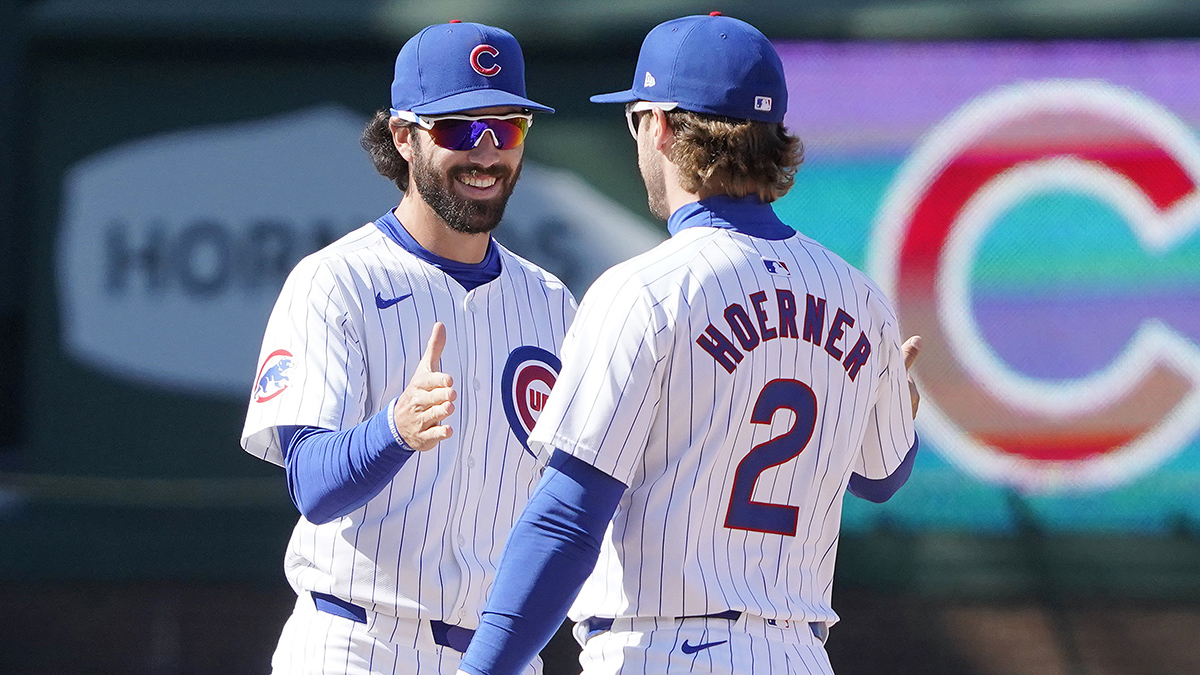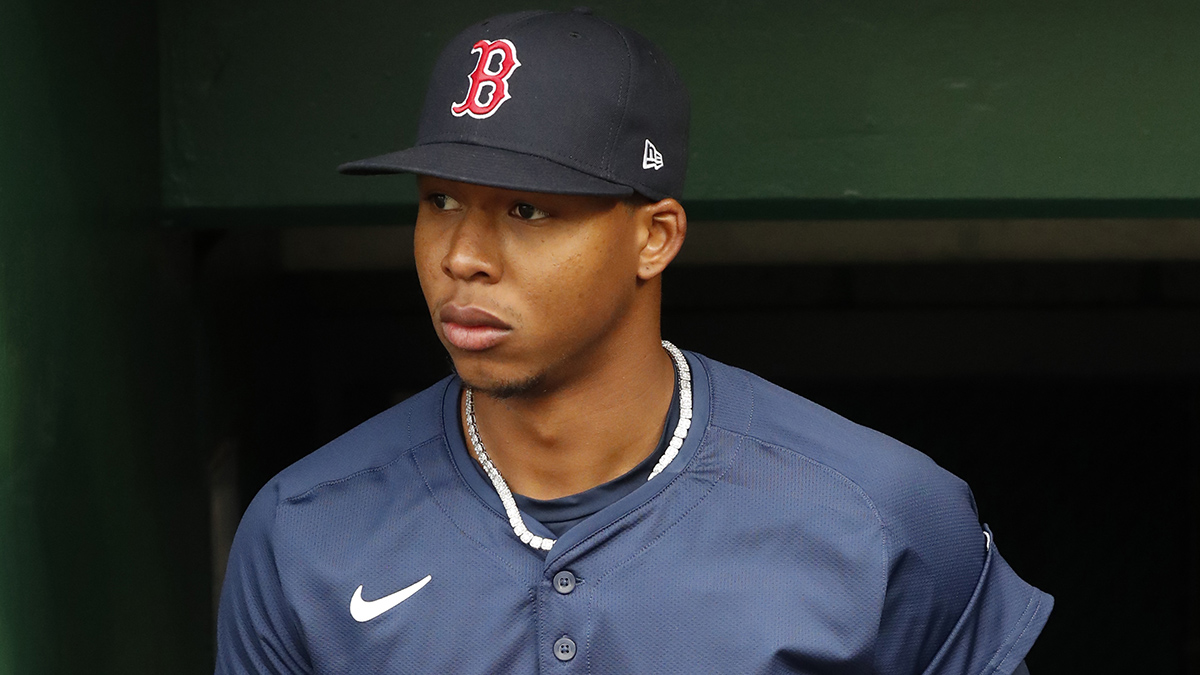BOSTON — Eduardo Nunez’s latest trouble with his right knee, the one he never should have been allowed to play on at the end of last season, has opened the door for Rafael Devers to remind Alex Cora what Cora may already know.
Devers has to be the starter in October.
Nunez shouldn’t be out long after tweaking the knee Thursday night in a 4-3 Red Sox win over the Blue Jays. Cora said Nunez won't play on Friday. But Devers, the 21-year-old who entered Thursday tied for the major league lead in errors, is the best choice to start at third base come the playoffs.
That's not merely a reaction to his 17th home run of the season from Thursday. No, starting Nunez come October would amount to managing out of fear.
This is no knock on Nunez's contributions, by the way. He's been a strong clubhouse presence, has hit well in the second half, and was willing to play on a bad knee last October when he shouldn't have.
But production rules the day. And if you simulated the American League Division Series 1,000 times, Devers would be a more productive player than Nunez a majority of the time. The home runs and the hits, Devers' power upside, would outweigh any errors he made.
Boston Red Sox
The human element of a best-of-three series (with a crowd involved) is the one that’s hard to navigate here.
Would pitchers consider that a ball hit to the left side may be riskier if Devers is out there?
Say the catcher calls for an off-speed pitch to a right-handed batter, a pitch that may be pulled sharply. A pitcher could theoretically throw the pitch with a little less conviction with Devers out there. (Some of that blame would be on the pitcher, but nonetheless, it's a possible effect.)
Now, perception and reality might not line up when it comes to Nunez’s defense. Devers is a big boy who makes a ton of mistakes, but he actually has more athleticism and range than Nunez. Devers has chances to reach balls Nunez does not.
https://twitter.com/redsoxstats/status/1040412816170250240
But in this scenario, perception is probably what matters: if pitchers feel a certain way, regardless of whether they should, a trickle-down effect is at least possible.
The greater mental concern, though, is probably not in the anticipation of a mistake, but the momentum swing at a time one actually occurs.
Say it’s Game 1 of the DS against the Yankees. Chris Sale is rolling, but Devers makes a bad decision on an in-between hop. The play goes for a rally-starting hit. Or Devers loses focus momentarily and throws a ball away with one runner on base, and now there are two in scoring position with none out.
Scoring first is always an advantage. And extra opportunities really sting in a short series.
So, if Cora started Nunez, he may have a better chance of avoiding a deflating moment early in a game. Or two. He’d also be taking away the potential for an even greater momentum swing: the huge home run. Or two.
Devers has very limited experience off the bench. Pinch hitting is probably not a role to expect a lot from him in. As long as the Sox carry Nunez, or perhaps Tzu-Wei Lin — the latter's a much more substantial upgrade — they can replace Devers in the late innings.
But the difference between Nunez and Devers defensively isn’t great enough to justify leaving Devers’ power bat out of the bottom of the lineup.
A third-inning error in Game 1 would stink. It could create a hole for the Sox, who need to get off to a good start with the DS beginning at Fenway Park.
A fourth-inning homer off Pesky's Pole would probably more than make up for it.


